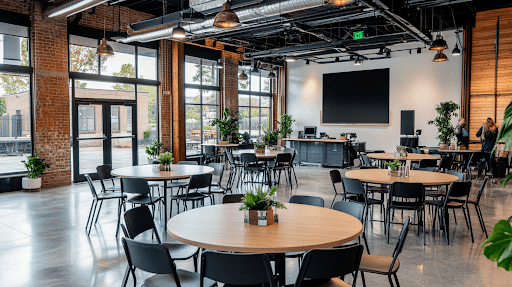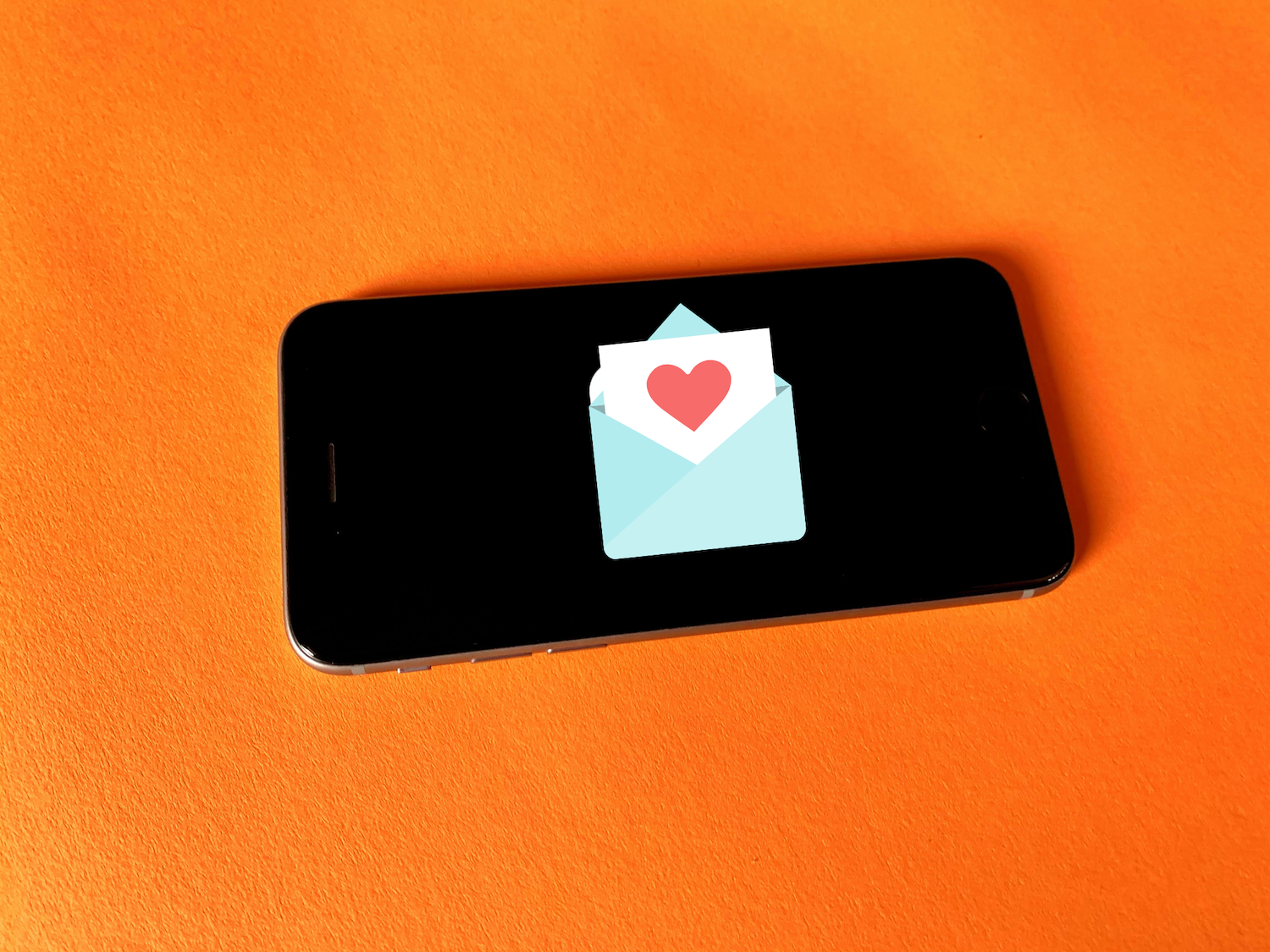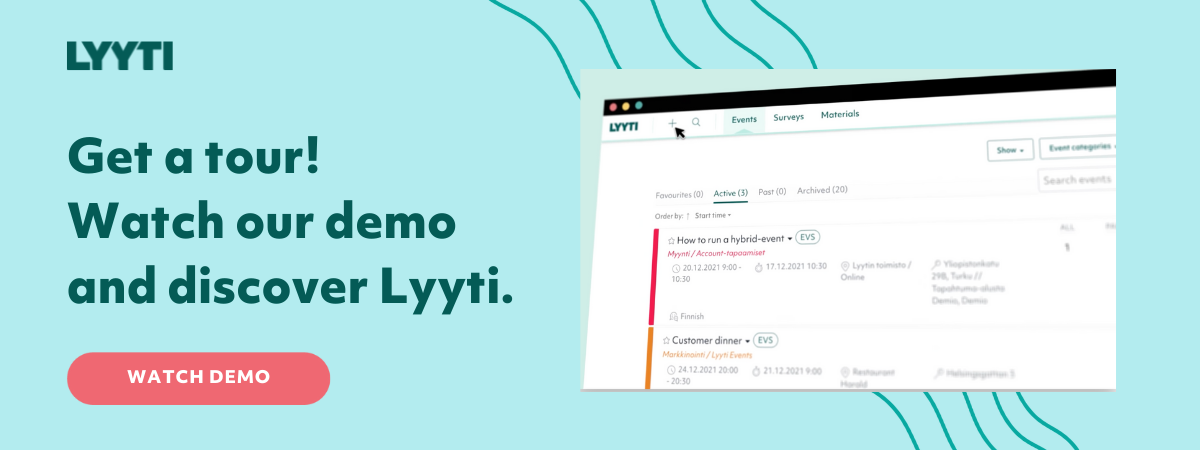The only way you’ll have an audience at your event is by marketing it and event organisers know that the key to success in event marketing is a well structured and targeted marketing plan. Core to that is email, which is a way to connect directly with prospects and registrants.
The great thing about event marketing is that people will expect it, they might even look forward to it. After their registration, there will be an accepted expectation that emails will be coming. The key is to take advantage of that opening not only to generate awareness of the event but to increase engagement and attendance.
An email is only as powerful as the data behind it
According to research from Mailchimp, event emails have an average open rate of 20.51% with a click through rate of 2.36%. This makes it a powerful and effective way to connect with your audience.
Don’t lose sight of the full potential of email in marketing your events. The campaigns shouldn’t stop when you have the registration! There's an opportunity to use email to increase engagement with your event, and encourage attendance.
Successful email campaigns rely on good quality data. Never lose sight of the importance of this when planning your campaigns.
Data for your business may exist in different systems which is why you can easily get siloed. That’s why it’s important to work with an event platform that can integrate easily with them. A platform like Lyyti is able to connect to, for example, Salesforce easily ensuring you can reach your best prospects.
Creating a plan for email
Organisation is the key to success. Creating a structure you can follow is the best way to be effective. This also means you can automate some of the tasks if you’re using an event management platform like Lyyti. We all know the demands that Event Managers face, so a tool that can relieve some time management challenges, should be taken advantage of.
There are all kinds of emails you can include in your event marketing plan. Consider what is essential for your audience to know or what will convince them to participate. Don’t just spam your contacts.
Include at least the following:
- A launch email announcing the event
- Follow up emails about the event to your lists
- Mentions of the event in your newsletter
- Confirmation email to registrants
- Content preview emails to registrants
- Reminder emails in the build up to the event
- Post-event email thanking for attendance / sorry you missed it
- Follow up emails about the event content
For a clearer timeline, you can take a look at an example event marketing plan that includes email campaigns. It also has a helpful template you can download >> Comprehensive event marketing plan example (with free template)
Email flows for different purposes
Different types of events will require different email flows. Don’t simply create one process and follow it in every case.
Let’s take an example. A manufacturing company that produces machines to help with automation has created an online education event to talk about the different ways to set up their machines for different workflows.
When thinking through their promotional email plan they should consider:
- What are their goals for the event?
- How is the event answering the challenges of their customers?
Then create emails that communicate those benefits to the recipients. As it’s an event that likely requires some knowledge of their products, using a newsletter as part of the flow makes sense since the recipients are already likely to be engaged with the products
If current customers have a personal contact at the company, consider segmenting the data and sending out invites so that they come from the individual rep. A recognisable name can have a big impact on response rates.
Finally, if they can’t make the event then set up an email flow that offers an opportunity to access the material later. This kind of educational content likely has a reasonable lifespan so don’t let it wither away after the event itself has taken place!
Email campaigns to increase event engagement
Here’s a scary thought: even though someone has registered to your event they can still decide not to show up. All your hard work down the drain. So, as people start to register for your event, you want them to get excited about it and, most of all, attend! If they can’t attend, you still want to retain their interest.
There can be a temptation to see email as a tool to get registrants. However, it offers more opportunities.
By its nature, your event is creating valuable content of interest to your target audience. You can use this as an opportunity to boost a registrant's interest through email by giving them previews of what’s to come at the event, or even by sharing related valuable content.
Let's take an example of a manufacturing company that makes parts for the automotive industry. They’re organising an event for current and prospective customers around the launch of a new product range that address a specific issue. As part of this, they have an industry expert guest speaker booked to talk about the problems faced by companies that these parts can resolve.
Often the approach is to announce a speaker to encourage registration but after that only send reminder emails about the event itself. By engaging with the speaker and finding out more about their presentation, it should be possible to send out two teaser emails in the build up to the event to registrants.
- A preview into the speakers' talk. Summarise all the points they plan to go over. That way registrants can be really confident their time will be well spent in attending.
- A second email where you address in more detail one section. Almost previewing the whole part! This will build confidence that there will be detail as well as good topics.
Finishing each of these emails with a ‘Don’t miss the whole presentation for more insights’ and remind the recipient of the date and time.
In a similar way, one of the most overlooked opportunities is the potential to increase event engagement after the event has taken place.
There will always be some people unable to attend. By making presentations available to view on demand, or notes to download, after the event and informing everyone that attended or missed with emails then you have another opportunity to get them to engage with the event and your message.
Effective event email marketing
As a summary, here are a few important take-aways for how to use email marketing when promoting your event.
- Understanding what email can do for your events, whether you’re in the aforementioned manufacturing industry or targeting another market, is crucial to your success.
- You can find more guidance on making your events a success in our ultimate guide: The Ultimate Guide to Successful Events in 2022
- Plan carefully for your audience and use a tool that will help you through automation.
- Learn what your audience needs and use your emails to address those specific problems.
- Don’t fall into the trap of seeing email only as a tool to get registrants and then run the admin side of an event with confirmation emails. Your marketing should still continue up until the event itself and afterwards using the valuable content being created to encourage engagement.
- Make sure to take advantage of your event management platform’s automations and integrations when creating effective campaigns.
Similar articles

Corporate Event Planning: Key Elements for a Successful Event

Event Marketing Checklist: Your Guide to Seamless Campaigns

The Ultimate Guide to Event Management Systems

How Corporate Event Management Ensures Seamless Business Events





